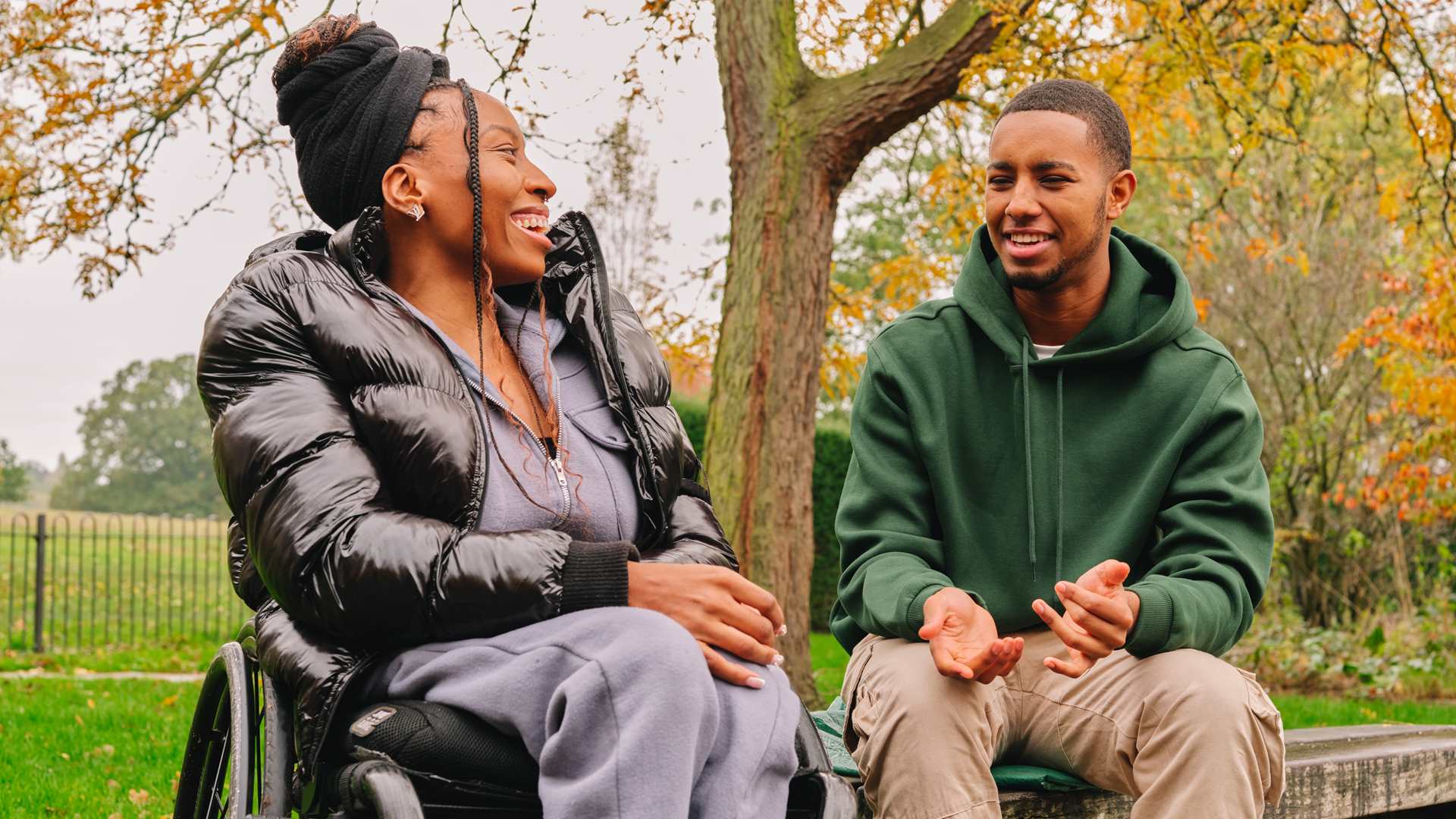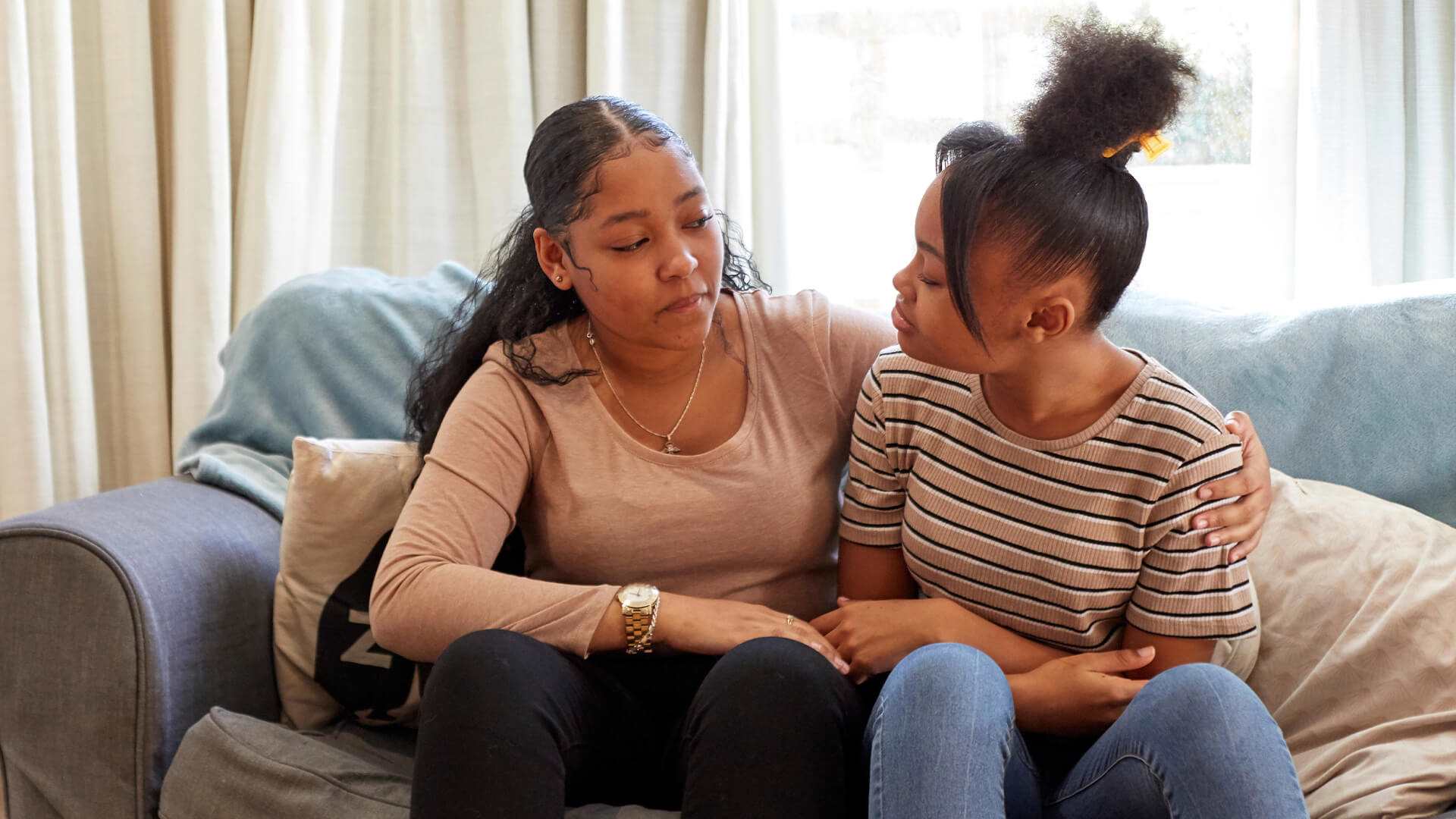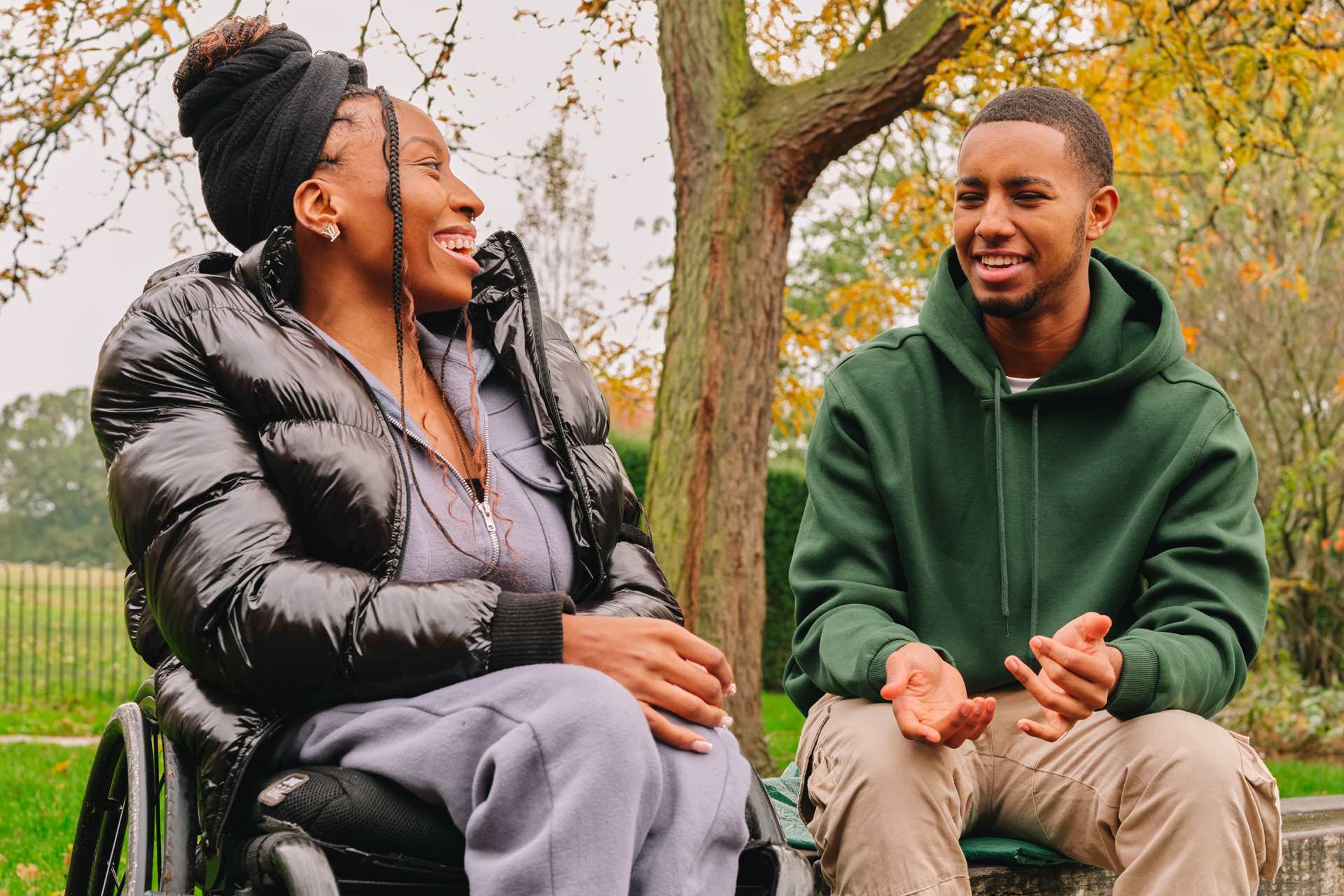Alcohol
It may be possible to drink some alcohol in moderation while taking duloxetine.
However, the two together might make you feel very sleepy and unsteady on your feet, especially when you first start taking the medication.
During the first few weeks of treatment, it is recommended that you don’t drink alcohol until you know how the medicine affects you.
Drinking alcohol every day, or in large amounts, can make your symptoms worse and may mean you won’t get the maximum benefit from your medication.
Street drugs
Cannabis can make drowsiness, dizziness and confusion worse when taken with duloxetine.
Cannabis and other drugs may have their own side effects on your mental health, like anxiety or psychosis.
Methadone can make sleepiness worse with duloxetine. The duloxetine could increase the concentration of methadone in your body. In some circumstances, you may be prescribed methadone by your doctor. If so, your doctor will monitor your medicines carefully and will adjust the dose if needed.
Duloxetine is likely to raise the effect of cocaine in your body, giving you a bigger reaction.
Taking duloxetine with cocaine or ecstasy or amfetamines could bring on serotonin syndrome. You could get a high temperature/fever, agitation, confusion, trembling or weird muscle movements. You need to go to hospital if this happens. Tell the doctor everything that you have taken.
There are many other street drugs, but we don’t know what effect taking them with duloxetine will have, so it’s best to be cautious. There is no regulation of street drugs or ‘legal highs’, so even if there are no known issues with the medication you take, the supply you receive might be mixed with other substances that could be dangerous.
Smoking
Cigarette smoke affects the amount of duloxetine in your body.
If you smoke, you will probably need a higher dose of duloxetine than someone who does not smoke.
Tell your doctor if you smoke, so that you get the right dose for you.
If you stop smoking or switch to vaping or a nicotine replacement product, the level of duloxetine in the body rises, and you might need to reduce your dose of duloxetine slowly. If you start or restart smoking, you will probably need to increase it again. Go to your doctor for advice if you stop or start smoking. It is the smoke, rather than nicotine, that has this effect so it should not be as much of a problem if you only vape.
Get more advice on drugs and alcohol.









